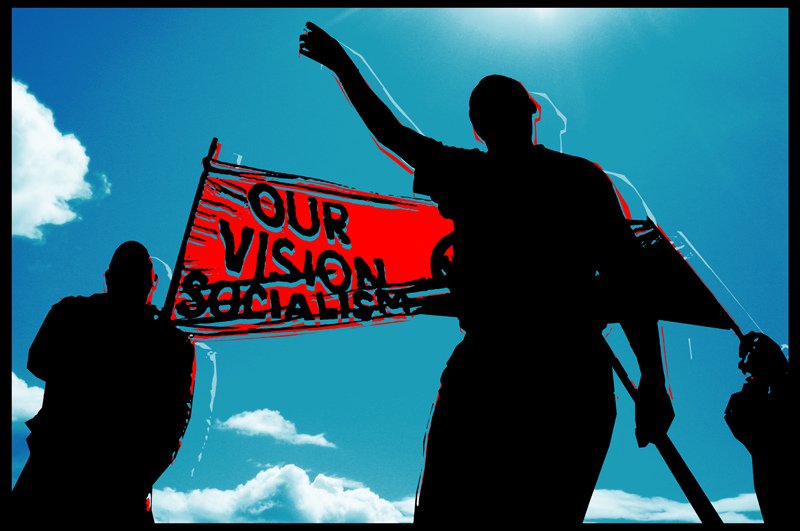Siyavash Shahabi
-

“The Fire Next Time” podcast delves into political and social justice issues biweekly, sparking important dialogues. Valentine Moghadam’s piece examines the Iranian Left during the 1979 revolution, discussing their anti-imperial stance and criticism of capitalism, the influence of historic events, and strategic missteps, including underestimating the clergy’s influence.
-
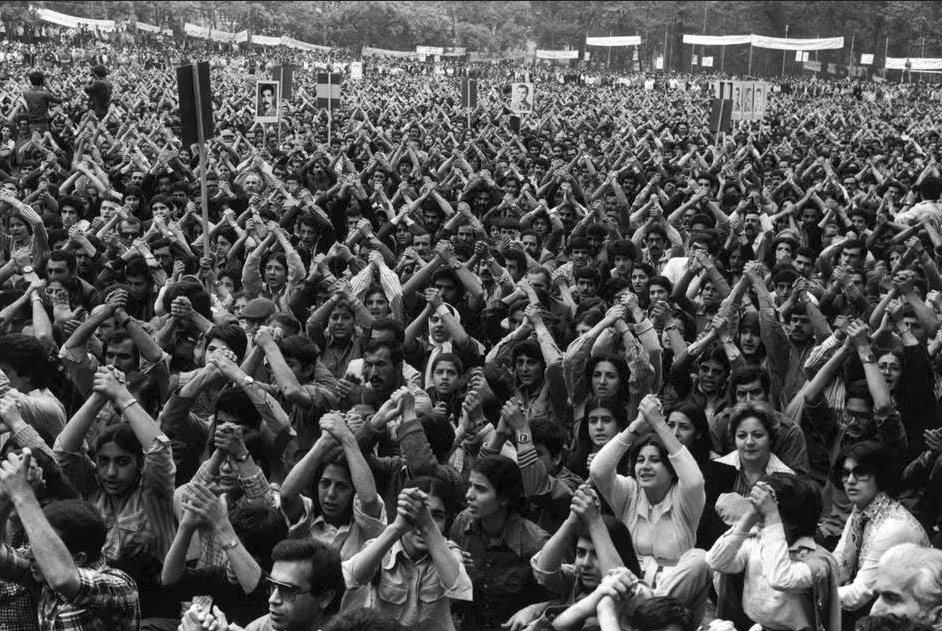
Valentine Moghadam’s article, “Socialism or Anti-Imperialism? The Left and Revolution in Iran,” analyzes the ideological complexity of the Iranian Left during the revolutionary period. It explores the Left’s commitment to anti-imperialism and its critique of dependent capitalism, while also addressing its failures and challenges. The article delves into the impact of historical events, such as the Shah-CIA coup and the rise of Islamic governance, on shaping the Iranian Left’s strategies and outcomes. The article also highlights the Left’s underestimation of the power of Islamic clergy and its neglect of democracy, providing valuable insights into the struggles of aligning ideological principles…
-
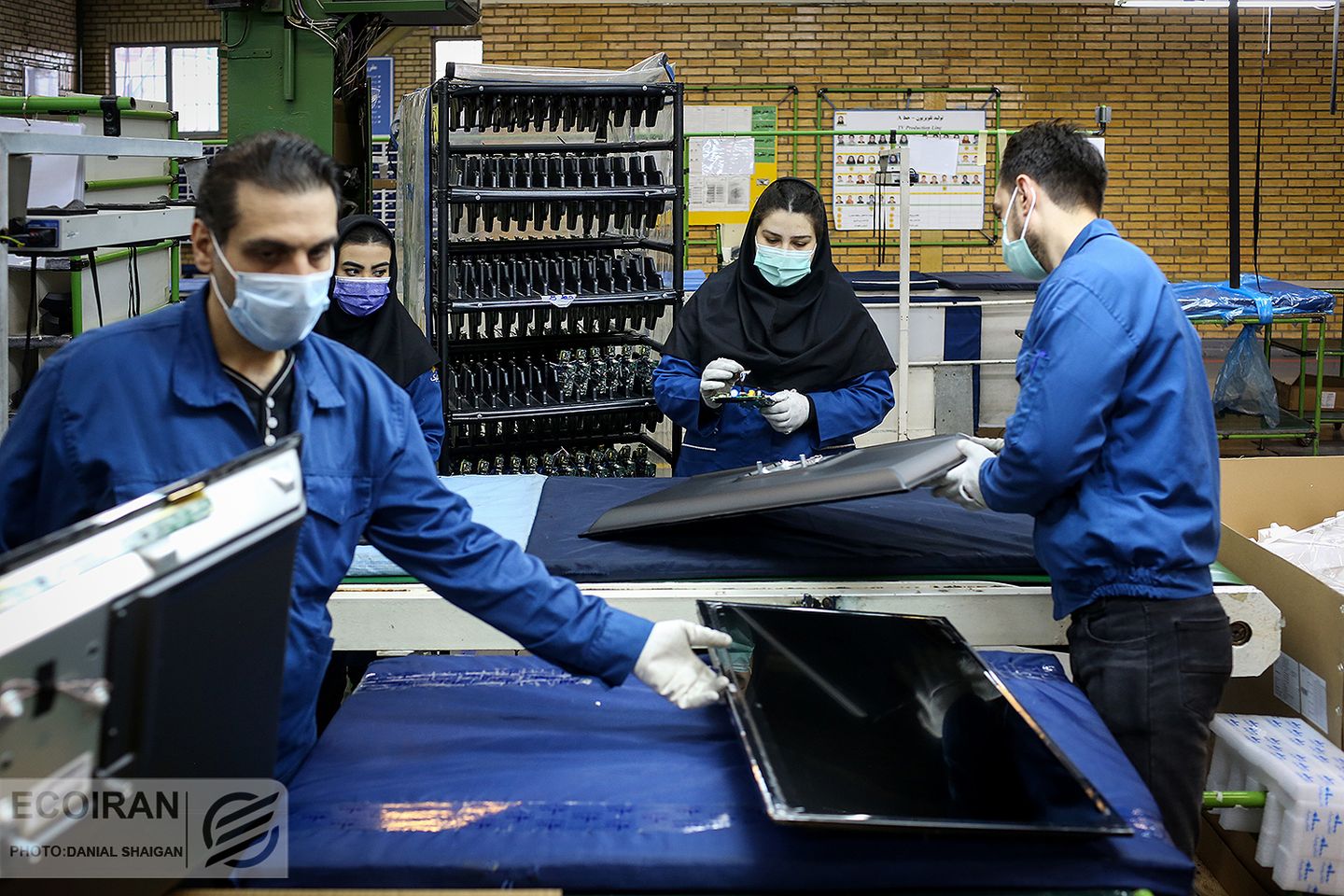
Iran’s Deputy Minister of Industry announced the closure of 6,900 industrial units, exacerbating unemployment and poverty, with women hit hardest. Official data shows women’s employment decreasing, with informal jobs, accounting for 70% of employment, leaving them vulnerable to exploitation and without legal or social protections. The patriarchal and misogynistic culture systematically oppresses women, marginalizing them from decision-making and pushing them into unpaid domestic labor. Gender inequality is institutionalized in laws and governance, leading Iran to rank 143 in the 2023 global gender gap report.
-
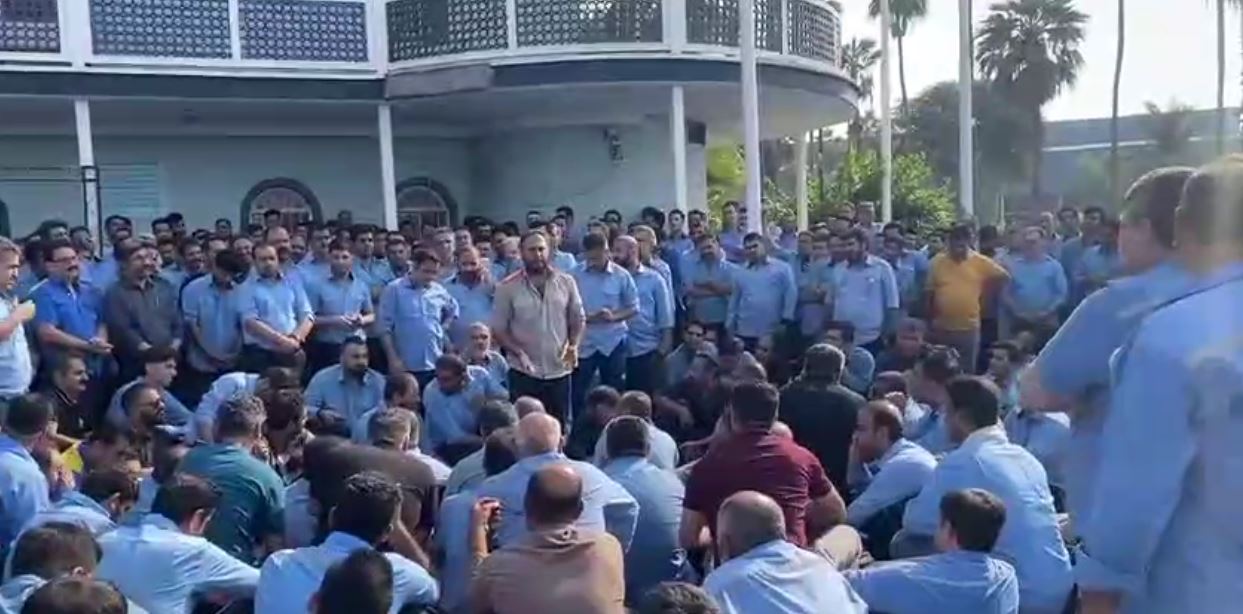
Recently, steel workers in Ahvaz, Iran, intensified their protests over fair compensation, job classification, and job security, clashing with National Steel Factory management. The conflict arose after a corrupt privatization scheme, inequitable salary practices, and management’s refusal to uphold agreements. Workers have initiated strikes following failed negotiations and are challenging the management’s deceptive tactics and the government’s privatization efforts. They demand the reinstatement of a labor leader, salary adjustments in line with industry standards, and the cessation of retaliatory actions by employers.
-
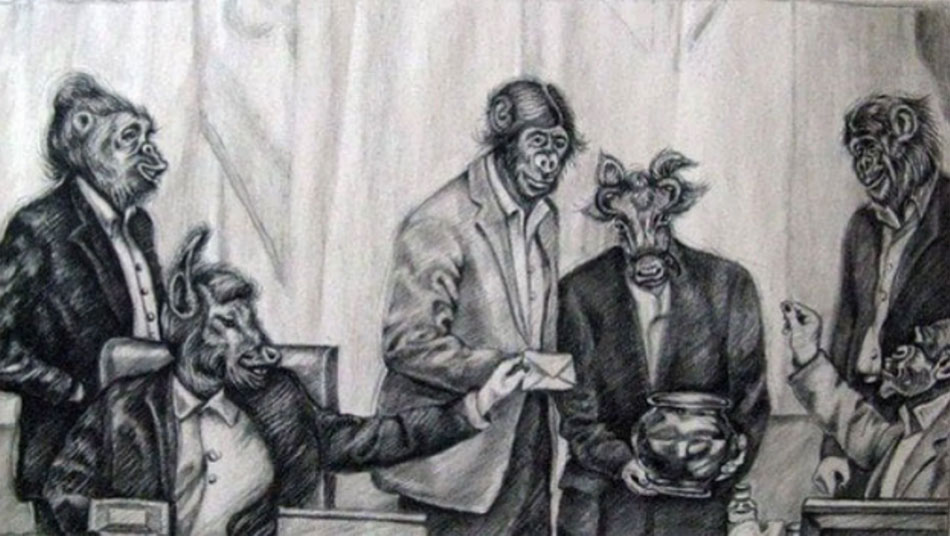
“The Fate of Third Worldism in the Middle East: Palestine, Iran and Beyond” explores the region’s shift from Third Worldism—a revolutionary, anti-imperialist ideology of the 1960s, aimed at universal emancipation—to authoritarian religious governments in the 1980s. Rasmus Christian Elling and Sune Haugbolle’s book discusses how the promising liberation movements in Iran and Palestine succumbed to oppressive regimes and Islamic fundamentalism, respectively. Analyzing the decline of Third Worldism, the work reflects on global neoliberal shifts, the end of leftist movements, and the rise of Islamist politics, suggesting that by the mid-1980s, third-worldist rhetoric was co-opted by authoritarian states. Spanning 320 pages…
-
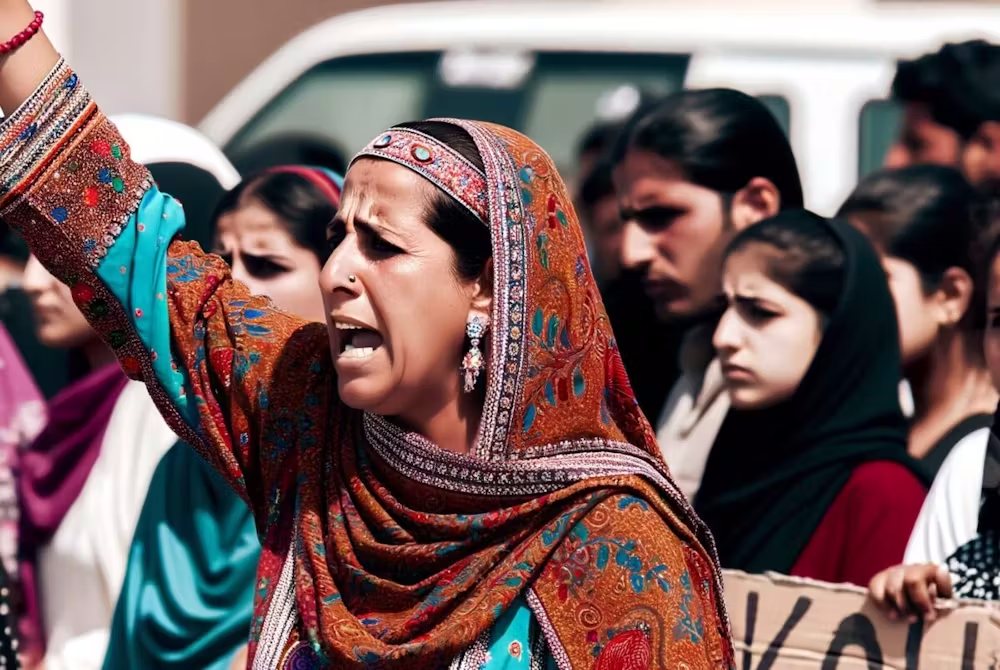
The history of Balochistan is deeply intertwined with the experiences of its women, whose stories of resistance and resilience offer valuable insights into the region’s cultural, social, and political landscape. Baloch women have been pivotal in movements against oppression, mitigating human rights abuses, and challenging authoritarian regimes, particularly in the Zhina movement and protests for the disappeared. Despite grappling with gender, religious, national, and class challenges, their increasing visibility in the political field is shifting Balochistan towards progressive, secular change. The article illustrates their vital role within the anti-colonial and liberation movements, breaking the silence on women’s issues traditionally ignored…
-
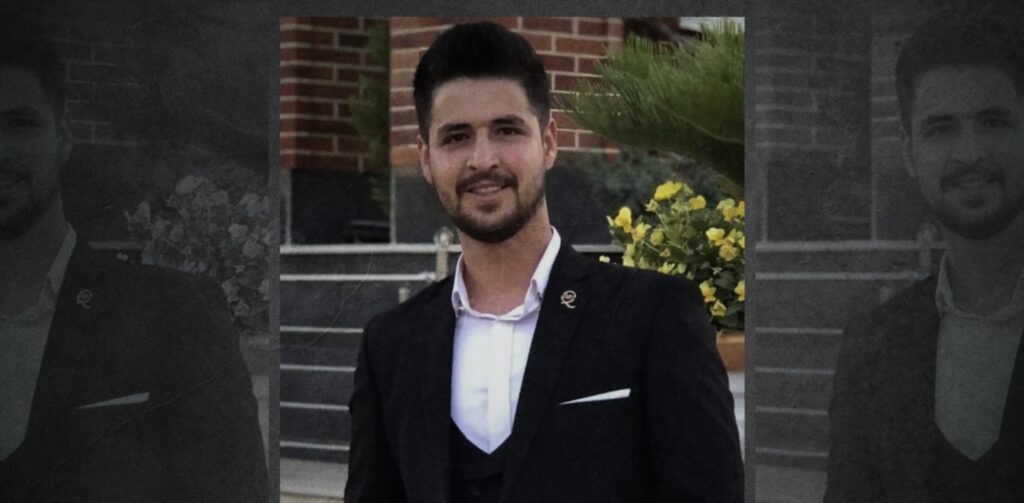
24-year-old Mohammed Ghobadlou was executed in Iran for alleged involvement in protests after Mahsa/Jina Amini’s death. He faced charges of murder and Moharebeh, driving into police and causing death and injuries. His trial lacked proper legal representation, and his execution, the ninth linked to protests, followed dubious judicial processes, sparking international concern and domestic strikes and protests. The government’s crackdown, including capital punishment, was criticized for lack of transparency and due process. Human rights organizations call for an end to executions, as they mostly target the impoverished, oppressed, or dissenting individuals, and equate state killings to murder.
-
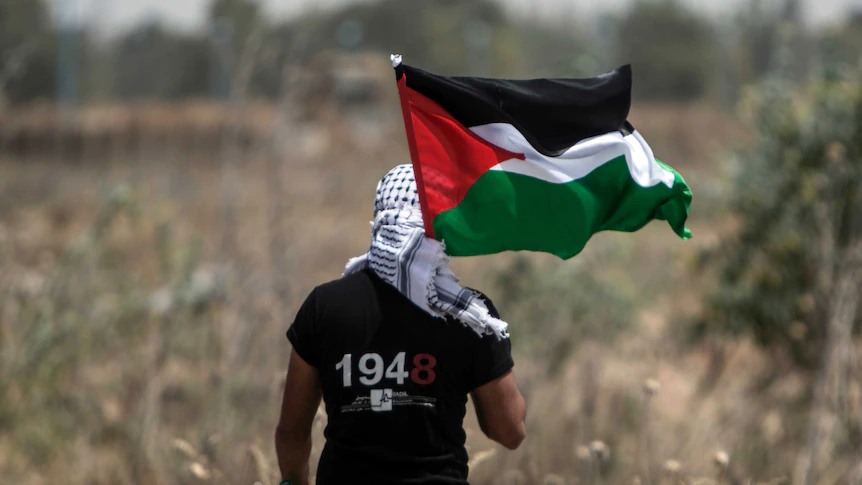
The establishment of Israel emerged from British imperial interests in the Middle East, Zionism, and various historical events, rather than being an eternal constant. Zionism began in the late 19th century as a secular movement in Eastern Europe and Russia, advocating for a Jewish nation as a refuge from persecution and anti-Semitism. However, the Jewish community was divided on Zionism; while middle-class Jews were more inclined to embrace it, the Jewish working class, deeply integrated into their local societies and socialist movements, often opposed it. The Zionist leadership was challenged by the socialist Bund, particularly in Jewish areas of Eastern…
-

The HELIOS refugee integration project in Greece, managed by the International Organization for Migration and the Greek Ministry, was abruptly halted due to funding shortfalls since early 2024, leaving many refugees vulnerable to homelessness. The suspension hinders access to housing support, language courses, and employment resources. Funding inconsistencies and bureaucratic hurdles have plagued the program, affecting not only refugees but also employees, with many dismissed without compensation or clarity on future job security. Despite its intention to aid recognized refugees, HELIOS has struggled with mismanagement and financial problems, prompting appeals for a comprehensive local housing strategy to address the ongoing…
-
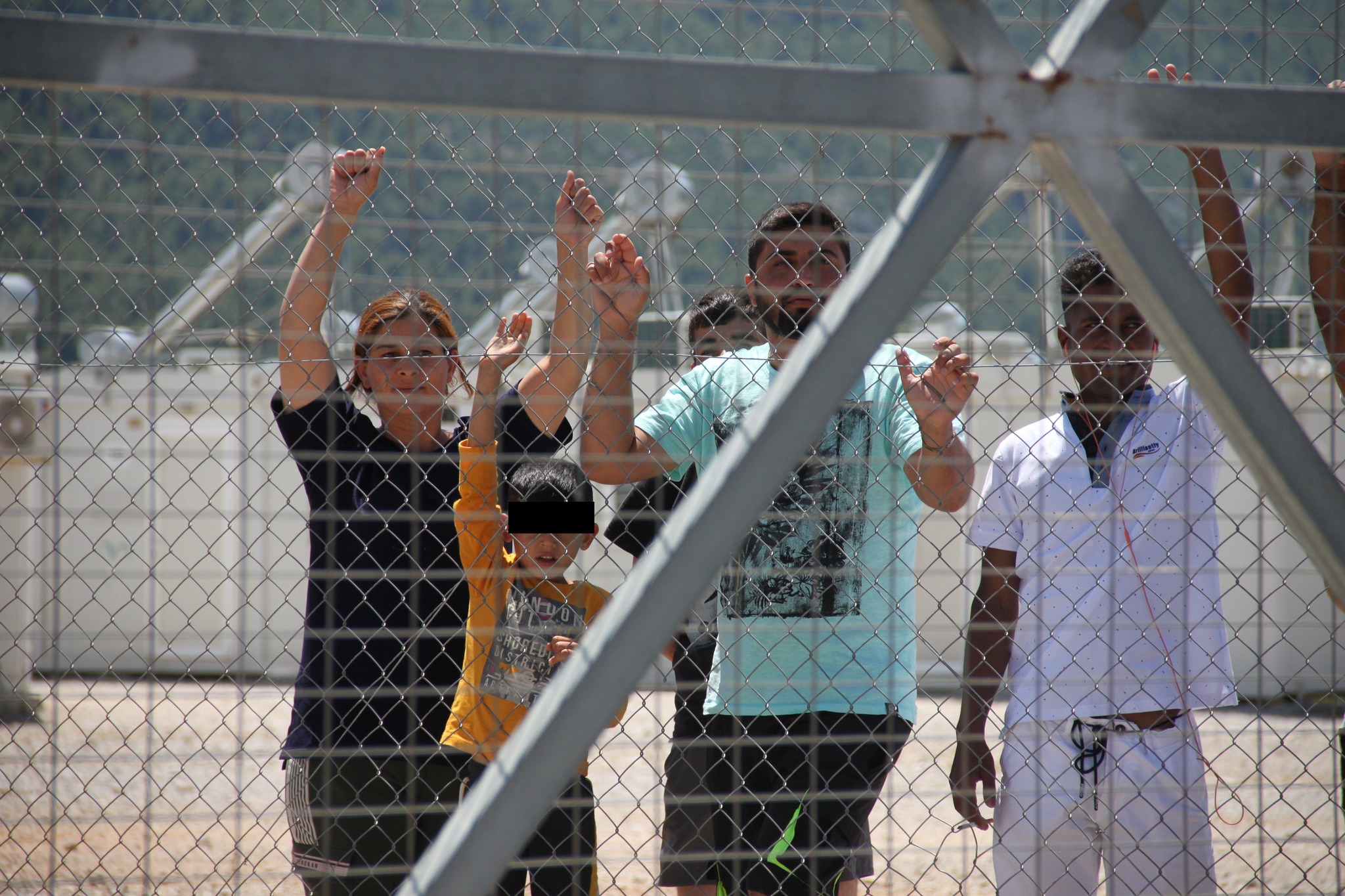
Greek Prime Minister Kyriakos Mitsotakis boasted about excelling in migration management at a recent conference, but crucial issues were conveniently omitted. Violations of international laws and human rights, pushbacks of thousands of refugees, and a tragic shipwreck involving over 650 lives paint a different picture. European Commission’s silence and financial support contribute to these atrocities. The EU’s border closures and focus on security over rights and welfare further exacerbate the crisis. Activist repression and the drastic spike in arrivals raise concerns about Greece’s migration policies. These are not just numbers, but human lives at stake, revealing a deeply flawed and…
-
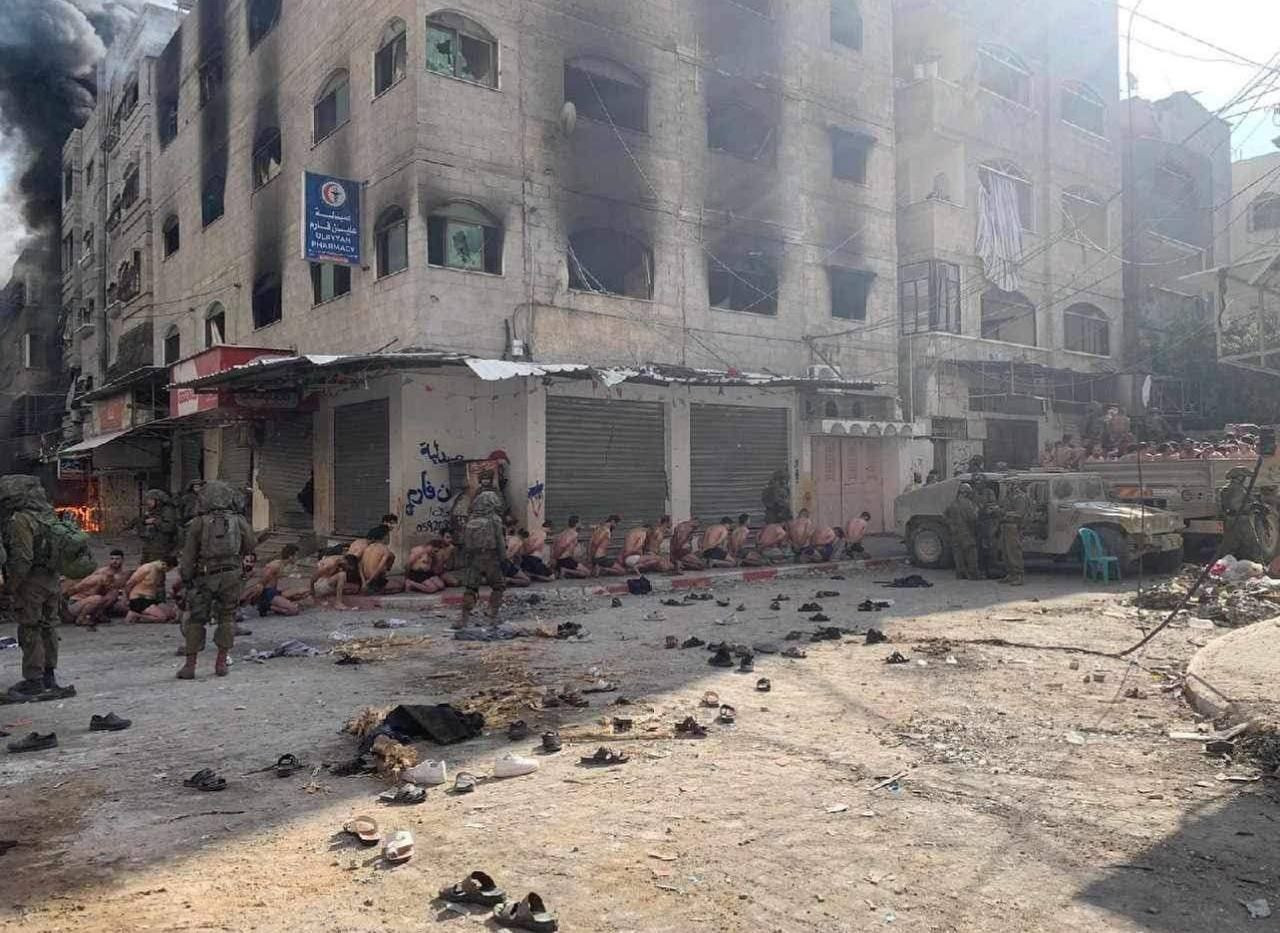
In December 2023, shocking images from Beit Lahiya, northern Gaza Strip, revealed Palestinian men getting forcefully detained by Israeli forces. Reports from various sources depicted systematic mistreatment in Israeli military detention facilities, including electric shocks, burns, enforced sleep and starvation, and physical abuse. The Realities for Palestinian Civilians in Gaza also captured Israeli troops shooting a Palestinian woman holding a white flag and her child. After release, detainees faced dehumanizing conditions, highlighting the profound human cost of the ongoing situation. The IDF’s response contrasts sharply with firsthand accounts.
